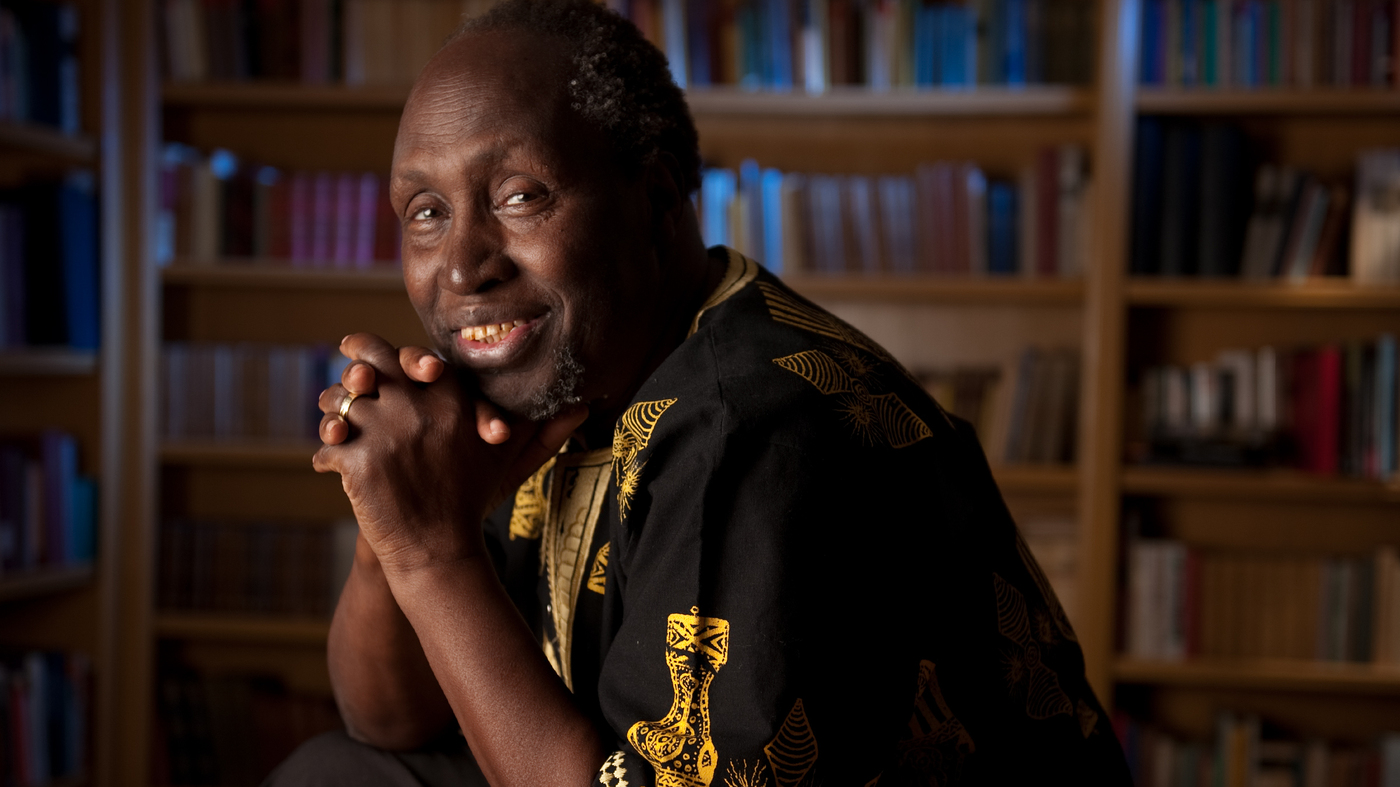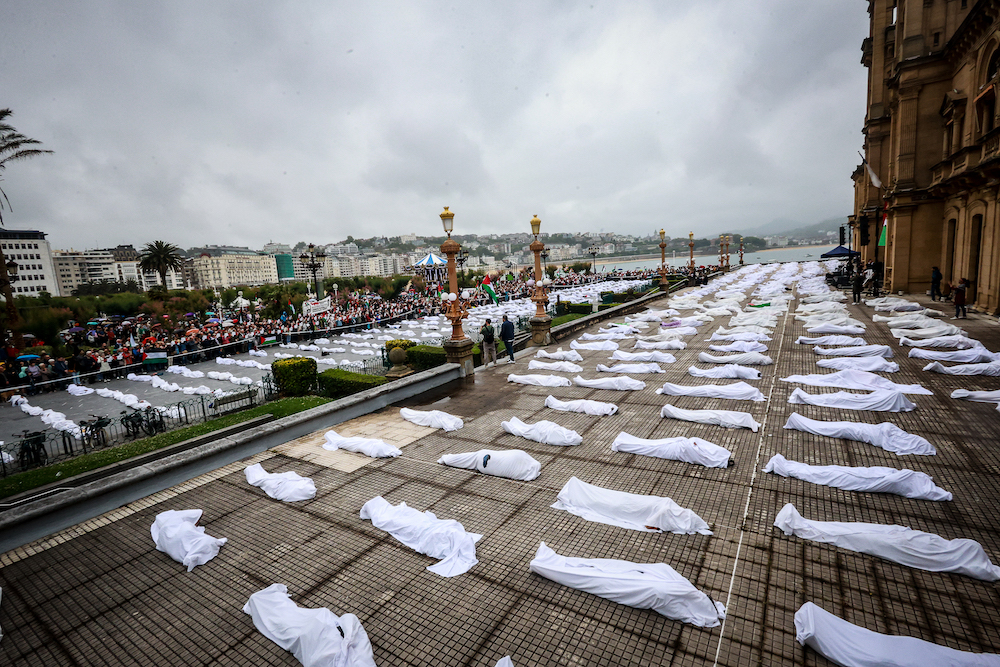50 “Exxon Valdez” consists of forests and fields in Nigeria
- No one and nothing will stop the Shell oil spill in the Niger Delta for fifty years. About a million and a half tons. The United States takes back much of the oil it needs. Deepwater Horizon’s pollution of influence in the Gulf of Mexico has invaded the margins, not those of Nigeria.
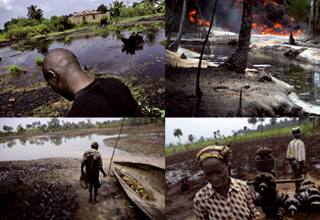
"Nigeria's death toll leaves the black tide in the Gulf of Mexico small, but Europe and the United States have forgotten it." This line leader has been given to the article by editor-in-chief Joh Vidal, appearing in the English newspaper The Guardian. Two years ago, another Net Cerca (burning in the Nigerian Delta with Shell) waged a fight against the Shell company by people from the banks of the Niger River, including the courts. It seems that nothing has changed since then, as we can calculate from the account of John Vidal's trip to Nigeria.
Vidal is an environmental editor-in-chief at The Guardian and an expert journalist. McLibel launched in 1997: The book Burger Culture on Trial, in which he recounts the long trial of two members of the organization Greenpeace with the multinational MacDonalds, the longest in Britain, because they denounced how this brand of hamburger uses lies and any malice against those who criticize the strategy of the company.
Vidal writes that 1.5 million tons of oil have been spilled in Nigeria over the past forty years, based on figures provided by the British organization World Wide Fund and Amnesty International. “That’s 50 times what the Exxon Valdez oil spill in Alaska.”
The reader might think that John Vidal is exaggerating. This journalist had the same doubt and began to look for the ranking of the main oil spills. Fortunately before us this work has been done with precision by the Reference, Facts & Resources website, listing on a clean sheet the most serious oil spills the world has known so far, according to the figures released by Wikipedia in their respective sections.
This list includes the amounts of oil lost in specific accidents, not the case in Nigeria, where enormous pollution has accumulated over many years with fewer discharges. But the list to understand the proportions is nice. However, then you have to order the liters, tons, American gallons (3.78 liters) and barrels (159 liters).
The largest spill to date occurred in Kuwait in 1991: At the end of the so-called first Gulf War, the Iraqi military opened the canisters of the warehouses and spilled almost two million tons. In the Gulf of Mexico, almost half a million tons were lost as a result of the 1980 accident. These figures will be surpassed by the massacre of Deepwaer Horizon, which broke out in the Macondo area, and which, if the flow is not stopped quickly, will reach the horror of millions of tons of fite.
These and more tons have been dumped in the marshes, jungles and fields of Nigeria by Shell and other multinationals in this half-century. But they will hardly be included in any list. As John Vidal writes, “It is not possible to accurately measure the amounts of oil spread in the Niger Delta each year because they pay close attention to the fact that, like oil producers, the government does not know any information.”
Champion in Oil Pollution
John Vidal addresses the chronicle as follows: “We have reached the edge of the black tide, around the village of Otuegwe, walking long through the fields of manoeuvre. We smelled the oil long before we saw it. The air is polluted by a stench in the garage or by rotten plants. The Sunda is becoming increasingly unsustainable. We were soon included in the Nigerian light oil, which is the best in the world. The hundreds of pipes that have invaded the Niger Delta over the course of forty years have been eating rust and one of them has been spilling over for a year. Forests and fields have been covered by a bright layer of oil. Wells containing drinking water have been contaminated. ‘We have lost everything, the net, the cabin, the platform...’ confesses Promise, the Otuegwe leader who guides us. ‘We lived off fishing and farming. We've lost the jungle. We notified Shell on the day the leak occurred, but for months the company hasn’t moved anything.”
The days when The Guardian journalist was in Nigeria were three black tides. On May 1, a large pipe belonging to the ExxonMmobil company exploded in the state of Akwa Ibom and covered the entire area with four million liters while it was controlled on the seventh day. Local authorities have demanded damages of 800 million euros, but the protesters have not charged more than the beatings of the guards.A few days later, nearby, armed rebels struck Shell’s Trans Niger pipeline, causing another large flow of oil. A couple of days later two large oil scars appeared, one on Lake Adibawa in the state of Bayelsa and the other on Ogoniland.
The village chief, Williams Mkpa, told the reporter: “The companies want to kill us. In two years we have suffered ten black tides and fishermen cannot support their families.”
A writer named Ben Ikari says that what is happening with Deepwater Horizon occurs almost without interruption in the Niger Delta. Legislators are futile about the problem and the people of the place have to live as they can in the midst of the pollution. The situation is worse today than it was 30 years ago.
Asked by the journalist, Shell’s managers offer a very different perspective. To these, the pollution caused by infrastructure failures is very scarce, while 98% of the emissions are caused by attacks by armed militants, vandalism and robbery of the population. It is said that more than 300 perforated sources for theft have been found in a single oleoduct. As if that were not enough, it is said that often the inhabitants of the villages do not allow the technicians of the company to go to it and fix it.
The representative of Friends of the Earth International, Nmimo Bassey, denounces that corporations are lying and that the world is not aware of the disaster in Nigeria. “This is where multinationals shy away from the problem, ruining people’s lives and the environment. The black tide in the Gulf of Mexico is a metaphor for what happens every day in the oil fields of Nigeria and other parts of Africa.”More than 300 black tides are counted each year in the Niger Delta. The great states and companies have managed to make the extraordinarily high pollution in these areas normal, and any progressive law remains blocked.
According to John Vidal, the Niger Delta is the world’s oil pollution capital. Here half of the population has lost the way to get good drinking water and for two generations the life expectancy of the people of Ribero has sunk to 40 years.
Footer of the photo: The image below are some of the many photographed in the Niger Valley by photographer Kadir Van Lohuizen. The entire Van Lohuizen section is on display in Bilbao on Tuesdays, from June 14th to July 16th, at the exhibition prepared by Ecologistas en Acción at the Ecoetxea. It is a collection sponsored by Amnesty International. Van Lohuizen has photographed the daily work of citizens who have survived in the midst of oil damage in one of the world’s most polluted areas for nearly half a century. Here fishermen have lost the necessary equipment to catch them as aquatic fish and even their own dwellings. The lands of the peasant fields are all poisoned, ruined by a viscous spill. Many jungles have disappeared, with trees drowning in oil or burning in fires. The wildlife of the forests has been destroyed. And the life expectancy of the citizens of the All-Head Delta has been shortened to 40 years.
Support for genocide
Within the State of Israel, there is considerable support for the latest operation. Haaretz has released the results of a survey conducted for the Pennsylvania State University, which shows that 82 percent of “Israelis” support the comprehensive... [+]











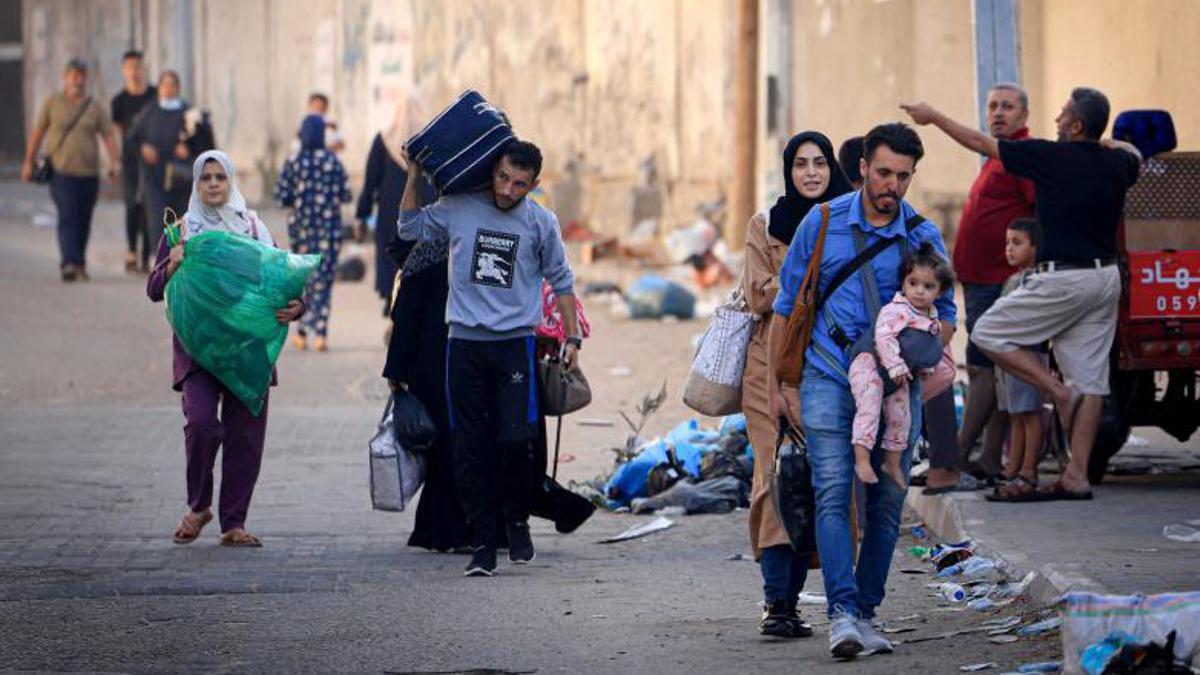
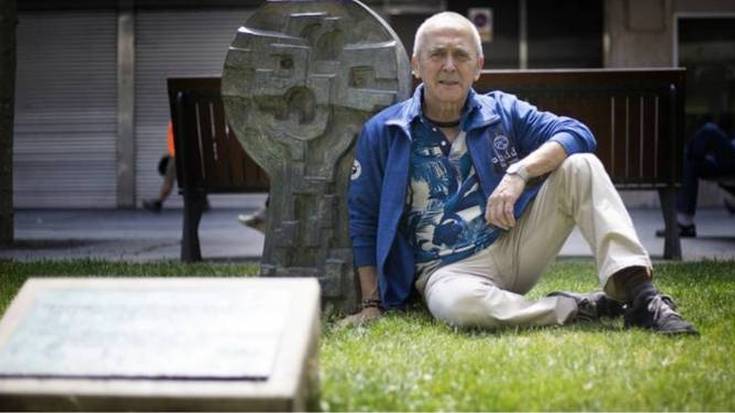

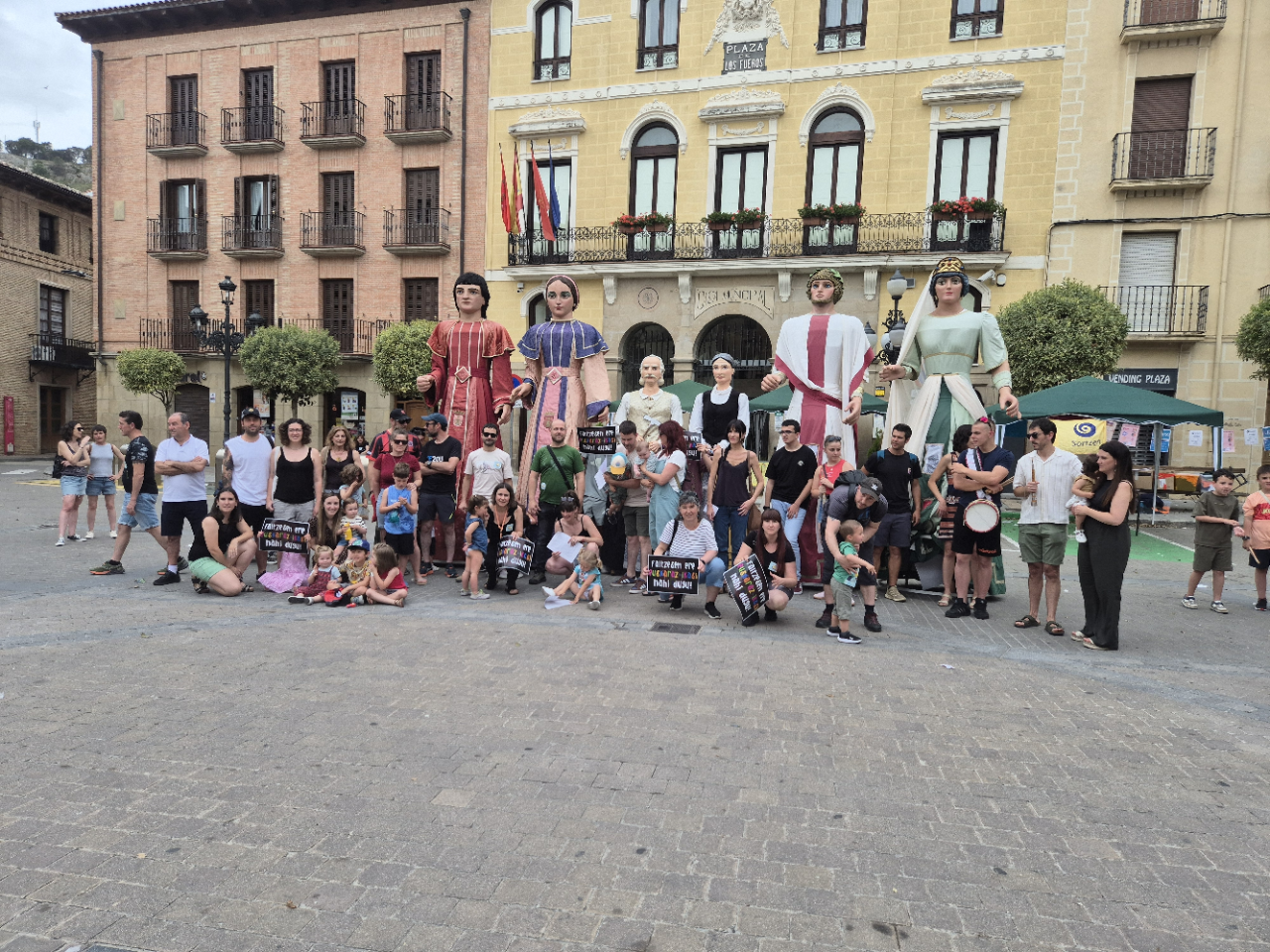

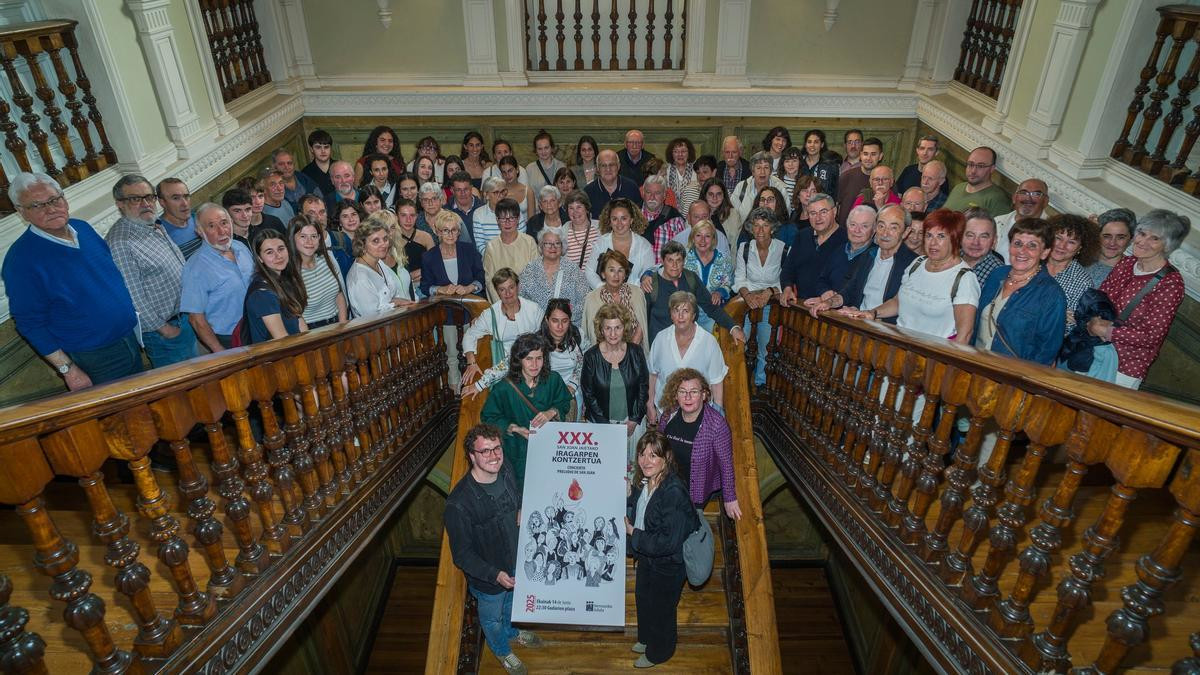
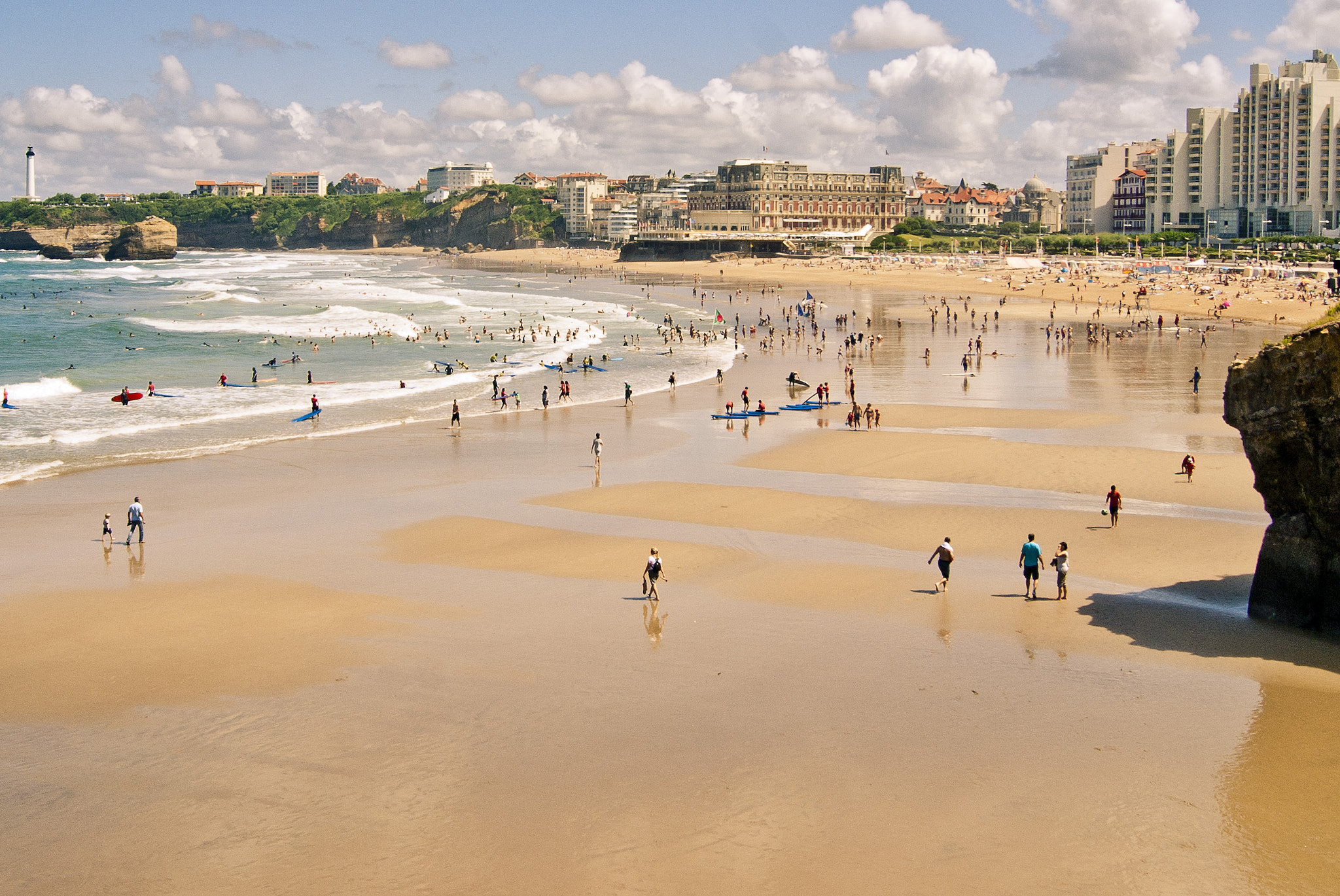
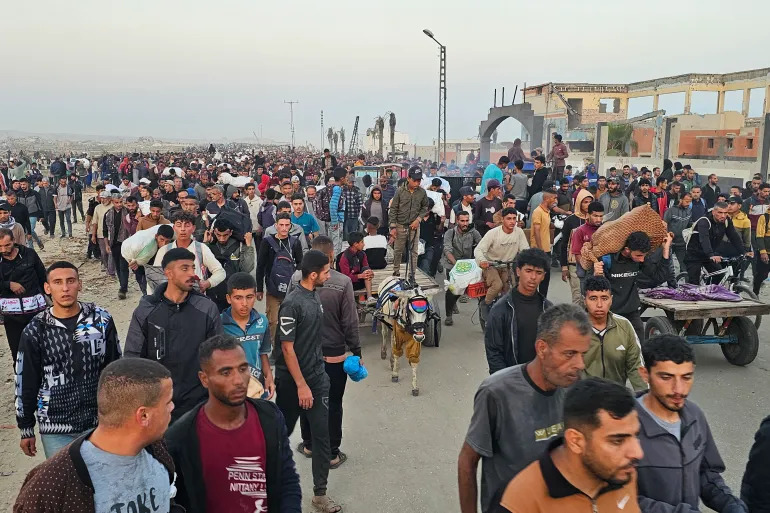

-M.jpg)
